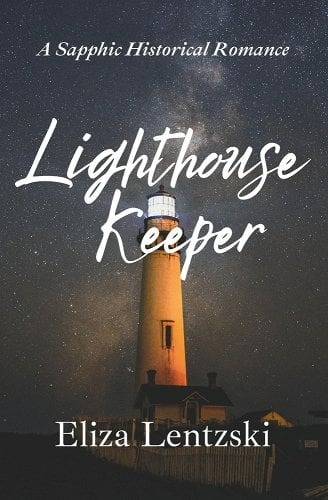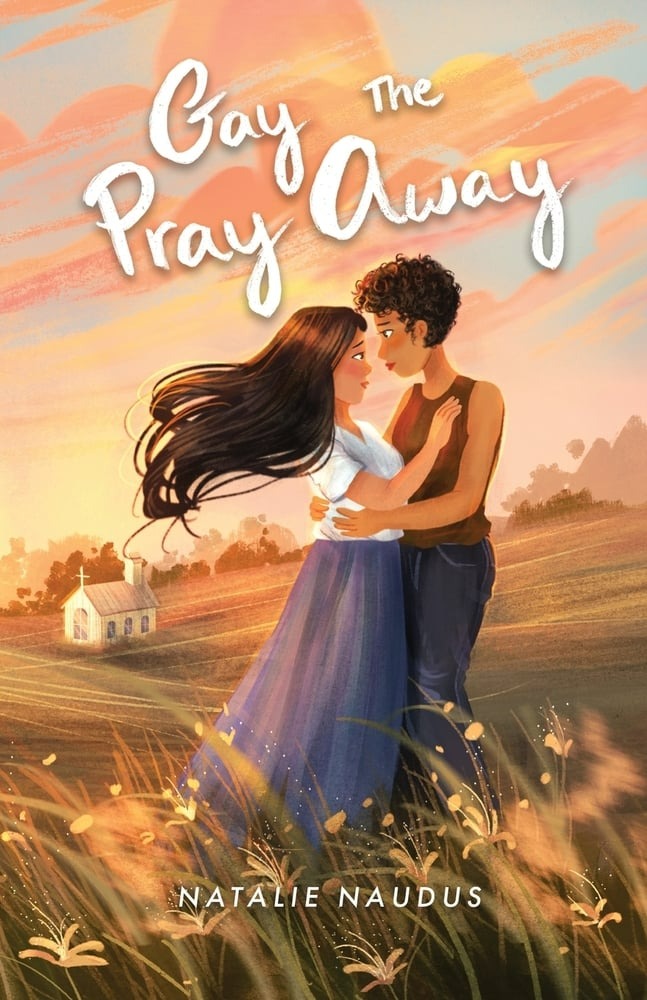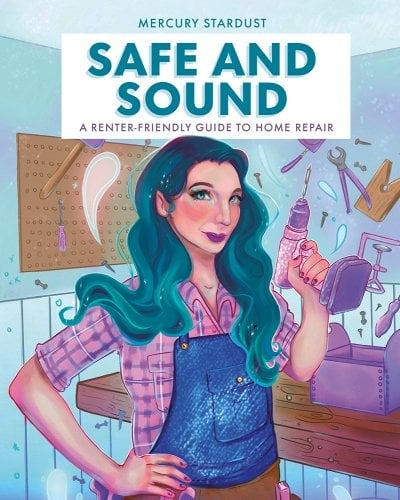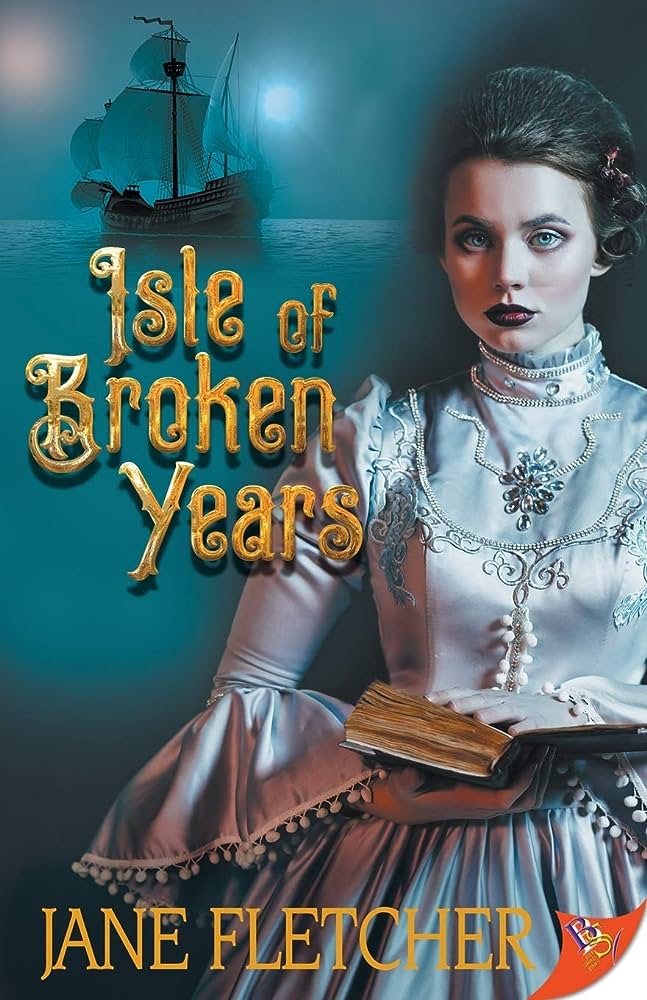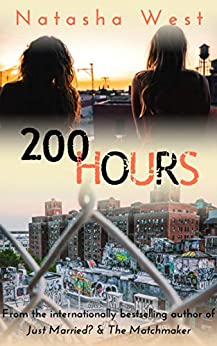Buy this from Bookshop.org to support local bookstores and the Lesbrary! Historical sapphic romance—who knew that would be my “type”? Though it shouldn’t have been a huge shock, given that I love a good Western or a trek through the Alaskan Wilderness any day. I’ve noticed lately that some of my favorite historical fiction authorsRead More
Breaking Away from Religious Abuse: Gay the Pray Away by Natalie Naudus
Buy this from Bookshop.org to support local bookstores and the Lesbrary! Natalie Naudus’s debut novel Gay the Pray Away is a young adult romance set in present day, centered around 17 year old Valerie, who is closeted in a very strict religious upbringing (*cough cough* a cult), so if you have childhood religious trauma, megaRead More
A Queer Guide to Home Repair: Safe and Sound by Mercury Stardust
Buy this from Bookshop.org to support local bookstores and the Lesbrary! I’ve been following Mercury Stardust, aka the “Trans Handy Ma’am” on Instagram for a while now to get my fix of approachable, around-the-house repair tips with an added bonus of corny dad jokes. Recently she released a complete guide for DIYers of all levels,Read More
Swashbuckling, Time Travel, and Sapphic Romance: Isle of Broken Years by Jane Fletcher
Bookshop.org Affiliate Link The first thing I have to say about Isle of Broken Years is that I didn’t want it to end, and it’s been a while since I felt that way about a book. The second thing you should know is that this isn’t just a book about pirates, though the cover andRead More
A Sapphic Romance at Adult Summer Camp: That Summer Feeling by Bridget Morrissey
Bookshop.org Affiliate Link That Summer Feeling delivers exactly that. A beach read set at an adult summer camp, this read is low angst and very wholesome. The beginning of the book starts out with a bit of chaos: a flashback to the past, a bit of family history to set the stage, and a franticRead More
F/F Romance + Community Service + Cheeky British Humor = 200 Hours by Natasha West
Natasha West’s 200 Hours is the kind of romcom that I would happily lead the crowdfunding effort in order to see on the screen. Set in the UK, West’s motley crew of characters evokes The Breakfast Club’s dynamic of different walks of life all thrust together. Instead of high school detention, we’re bonding over communityRead More
A Bisexual Armenian American Self Discovery Story: Sorry, Bro by Taleen Voskuni
Amazon Affiliate Link | Bookshop.org Affiliate Link Armenian culture and self discovery are primary themes in Sorry, Bro by Taleen Voskuni. These themes are the strengths of the book, especially when it comes to culturally sensitive issues and heavier topics like genocide, racism, homophobia within the Armenian community. On the other hand, Sorry, Bro alsoRead More
